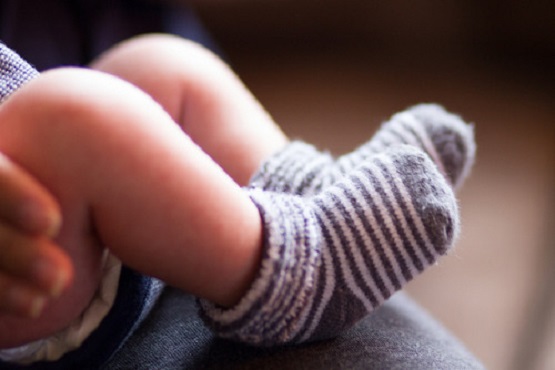Hundreds of Babies Are Born Alive After Botched Abortions and Left to Die, No One Knows How Many
The number of babies born alive during an abortion procedure “is not collected centrally,” according to a Department of Health spokesman, despite admitting that it takes place. This and other evidence of the poor oversight around late term abortion was revealed in a serious of answers to parliamentary questions posed by a pro-life MP.
Mary Glindon MP asked the “Secretary of State for Health, how many babies were born alive after an unsuccessful abortion procedure in each year since 2006 for which figures are available [and] how many of those babies survived beyond infancy in those years?” as well as what support healthcare professionals and nurses are given after witnessing babies born alive.
“Not collected centrally”
Jackie Doyle-Price MP, Parliamentary Under-Secretary for the Department of Health, was unable to give any figures for the number of babies born alive, replying that “the number of live births following termination of pregnancy is not collected centrally.” However, she referenced the Royal College of Obstetricians and Gynaecologists (RCOG)’s guidelines on Termination of Pregnancy for Fetal Abnormality, (abortions late enough for the baby to survive tend to be because of disability) which gives some clue as to the numbers.
The RCOG guidance refers to a study on terminations for fetal abnormality in the West Midlands alone. Between the years 1995 and 2004, 102 of the 3189 babies aborted were born alive. Of these, 36% survived 1 hour or less, and 6% for 6 or more hours. At 23 weeks gestation, 9.7% of the babies aborted were born alive.
“Very uncommon”
The parliamentary answer says “as set out in the RCOG guideline on Termination of Pregnancy for Fetal Abnormality, live birth following termination of pregnancy before 21 weeks and six days of gestation is very uncommon.” The RCOG guideline does indeed say this, but then goes on to say “instances of recorded live birth and survival increase as gestation at birth extends from 22 weeks.” Disingenuously, the Under-Secretary’s response misses out this line, then continues to quote from the guideline word for word. It also does not include this line on what happens when all attempts to kill the baby have failed:
“Where the fetal abnormality is not lethal and termination of pregnancy is being undertaken after 22 weeks of gestation, failure to perform feticide could result in live birth and survival, an outcome that contradicts the intention of the abortion. In such situations, the child should receive the neonatal support and intensive care that is in the child’s best interest and its condition managed within published guidance for neonatal practice.”
SUPPORT LIFENEWS! If you like this pro-life article, please help LifeNews.com with a donation!
Feticide
Indeed, earlier in the guidance, the RCOG devotes two pages to the question “What happens if the fetus is born alive after termination of pregnancy?” Because “a fetus that is born alive after termination of pregnancy is deemed to be a child” and must be protected as such, doctors need to work out how likely the baby is to be born alive, and whether feticide (injecting poison into the baby’s heart) should first be carried out. (In 2008, this was done to 1988 babies)
What counselling?
Ms Doyle-Price also failed to give a satisfactory answer to Mary’s Glindon’s inquiry about support and counselling for healthcare professionals who witness live births during abortion. She said in in answer: “All employers have a duty to protect the health, safety and welfare of their employees. It is for abortion providers to ensure that appropriate training, support and, if needed, counselling is available for all staff performing late term abortion.” Given that, according to the RCOG guidance she quotes, the NHS is where “the vast majority of terminations of pregnancy under Ground E are conducted” (as opposed to being outsourced to Marie Stopes or bpas) it is her department that has this duty of care to employees.
The news follows MPs posing searching questions to the Department of Health on abortion and disability.
LifeNews Note: Courtesy of SPUC. The Society for the Protection of Unborn Children is a leading pro-life organziation in the United Kingdom.

